Disclosure: As an Amazon Associate, I earn from qualifying purchases. This means that at no additional cost to you, I may earn a commission if you click through and make a purchase.
When we first embraced gardening, it was clear that traditional methods weren’t always aligned with our values. From synthetic fertilizers to chemical pesticides, common garden practices often clashed with our commitment to a vegan lifestyle. But what if there were ways to nurture your garden that fit seamlessly with vegan principles?
Transforming your garden into an organic paradise is very much possible on a budget. As we explore vegan alternatives to common garden practices, you’ll discover how simple changes can significantly impact. Ready to see how you can cultivate a garden that aligns with your values while thriving? Let’s dig into these innovative, vegan-friendly gardening techniques.
Vegan Alternatives to Common Garden Practices
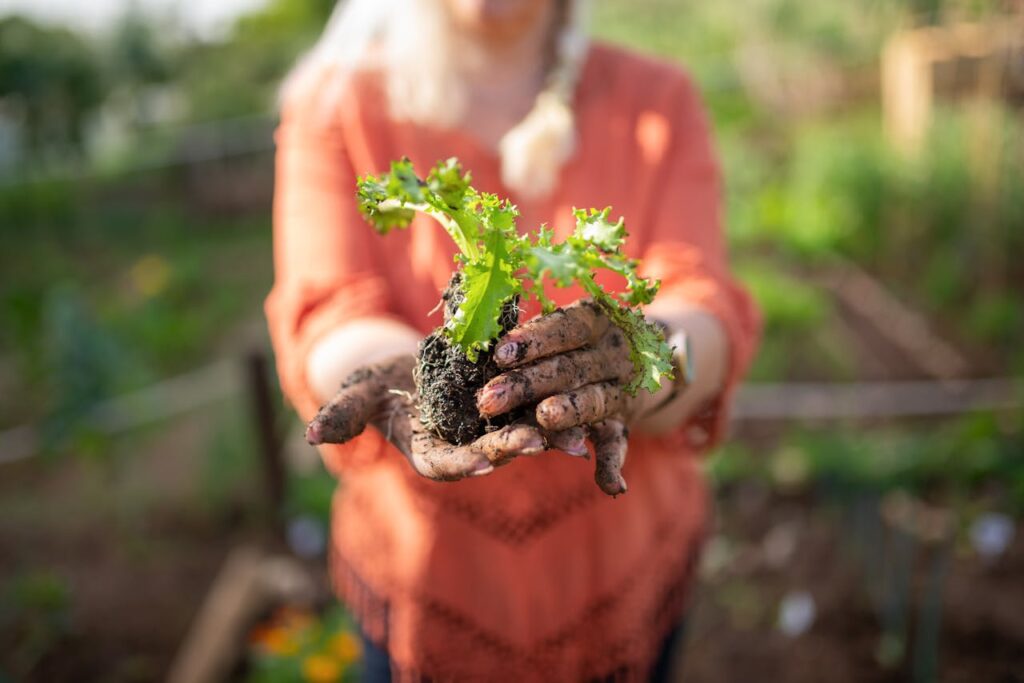
Gardening with a vegan approach is not just about avoiding animal products; it’s about nurturing your garden in a way that’s sustainable, compassionate, and aligned with the principles of veganism.
Here are some practical vegan alternatives to common gardening practices to help you maintain a thriving, cruelty-free garden.
Going For Plant-Based Fertilizers
Traditional fertilizers like blood meal or bone meal are derived from animal products. Instead, opt for plant-based fertilizers such as alfalfa meal, cottonseed meal, and kelp meal. These plant-based options provide essential nutrients to your plants without harming animals. Brands like Cabbage Hill and Down to Earth offer vegan fertilizers that enrich your soil sustainably.
Creating your own compost from kitchen scraps, leaves, and grass clippings is a fantastic way to enrich your soil without relying on animal products. This “black gold” improves soil fertility and structure, promoting healthy plant growth.
Pest Control
Encouraging beneficial insects like ladybugs and lacewings can naturally control garden pests. These insects prey on common pests such as aphids, reducing the need for chemical pesticides.
As a natural pesticide, neem oil effectively controls pests without harming the environment. Garlic spray, soapy water, and diatomaceous earth effectively keep pests at bay without causing harm. These sustainable options align with vegan principles and help maintain a healthy garden ecosystem.
Soil Amendments
Growing cover crops like clover or vetch and turning them into soil can improve their fertility and structure. This practice, known as green manure, enhances soil health naturally.
Adding biochar to your soil can enhance its health and moisture retention. Biochar is a form of charcoal that, when mixed with soil, boosts its nutrient-holding capacity and promotes a more robust plant growth environment.
Plant-Based Mulch
Instead of using animal-derived products, opt for plant-based mulches like straw, hay, or wood chips. These materials help retain soil moisture, suppress weeds, and gradually break down to add organic matter to your soil.
Weed Control
Hand-pulling weeds or using a hoe to manage weed growth is a straightforward and chemical-free method. Regular weeding helps maintain a clean and healthy garden without relying on herbicides.
Applying a thick layer of plant-based mulch can also effectively suppress weed growth. This method not only controls weeds but also improves soil health by adding organic matter as the mulch decomposes.
Encouraging Biodiversity
Planting different varieties of flowers and vegetables together can attract beneficial insects and create a balanced ecosystem. Companion planting involves growing certain plants to enhance growth and naturally deter pests. This practice aligns perfectly with vegan gardening:
For example:
- Marigolds and Tomatoes: Marigolds deter nematodes and pests that typically attack tomatoes.
- Basil and Peppers: Basil repels aphids, spider mites, and mosquitoes while enhancing the flavor of peppers.
Creating habitats like ponds can attract beneficial wildlife such as frogs, which help control slug populations. This practice promotes a diverse and resilient garden ecosystem.
How to Convert Your Existing Garden to a Vegan Garden
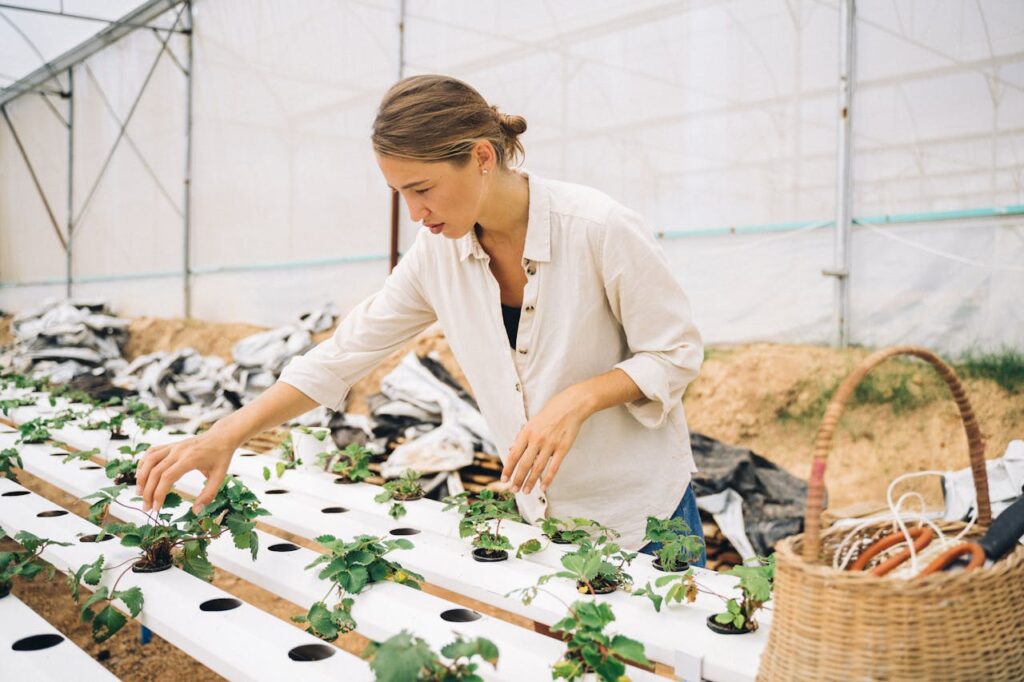
Converting your existing garden to a vegan garden is an exciting process that involves a small portion of your monthly budget. Like any other DIY project, you will obviously need some basic tools or supplies. Or you are lucky enough to gather supplies from your everyday kitchen items or the old stuff in your attic. Just grab those supplies and get to it.
Building a vegan garden doesn’t have to drain your wallet. With a few clever DIY projects, you can create a thriving garden while keeping costs low. Here’s how to get started on a budget:
1. Assess Your Current Garden
Start by taking a detailed inventory of your garden. Note down the types of plants you have, the quality of your soil, and the fertilizers and pest control methods currently in use. This initial assessment will help you understand what needs to be changed and how to plan your transition effectively.
2. Switch to Vegan Fertilizers
One of the first changes you can make is replacing any animal-based fertilizers with plant-based alternatives. Animal-derived fertilizers like manure, blood, or bone meal are common, but vegan options are just as effective. Consider using:
Compost: Homemade compost made from plant-based kitchen scraps, garden waste, and other organic materials enriches the soil naturally.
Green Manures: Cover crops such as clover or vetch can be grown and then turned into the soil to improve its fertility and structure.
Alfalfa Meal, Cottonseed Meal, and Kelp Meal: These plant-based fertilizers provide essential nutrients to your plants without harming animals.
DIY Tip: Banana peels are a fantastic source of potassium. Simply chop them up and mix them into your soil.
3. Create Your Own Compost
Starting a compost pile is a fantastic way to recycle plant-based kitchen scraps and garden waste into nutrient-rich soil. This provides your garden with essential nutrients and reduces your reliance on commercial fertilizers. Aim for a balanced mix of green (nitrogen-rich) and brown (carbon-rich) materials for the best results.
DIY Tip: Set up a simple compost bin or even a pile in a corner of your yard. Turn the compost regularly with a pitchfork or shovel to speed up decomposition.
4. Use Vegan Potting Soil
If you’re using potting soil for containers or starting seeds, ensure it’s free from animal products. Look for vegan-certified or plant-based potting mixes. Many commercial potting soils contain animal-derived ingredients like bone meal or fish emulsion, so always check the label or ask the manufacturer.
5. Implement Natural Pest Control
Avoid chemical pesticides and animal-derived pest control products. Instead, use natural methods to manage pests. Grow certain plants together to deter pests naturally.
DIY Tip: Planting marigolds and other companion plants around your garden can also help deter pests naturally.
Attract insects like ladybugs and lacewings that prey on common garden pests. Build habitats such as ponds to attract frogs, which help control slug populations.
6. Practice Crop Rotation and Mulching
Crop rotation and mulching are key techniques for maintaining soil health and reducing the need for external inputs:
DIY Tip: Collect fallen leaves in the autumn and store them to use as mulch throughout the year. This keeps your garden healthy and reduces waste.
Crop Rotation: Prevent nutrient depletion and disrupt pest cycles by rotating your crops each season.
Mulching: Use plant-based mulches like straw, hay, or wood chips to retain moisture, suppress weeds, and improve soil structure as they decompose.
7. Choose Organic Seeds and Plants
Opt for organic, non-GMO seeds and plants to ensure they haven’t been treated with synthetic chemicals or animal-based products. This not only aligns with vegan principles but also promotes healthier plant growth and biodiversity in your garden.
DIY Tip: Recycle containers like egg cartons or yogurt cups to use as seed starters. Simply fill them with soil, plant your seeds, and keep them in a sunny spot.
8. Encourage Biodiversity
Plant a variety of species to create a balanced ecosystem. Biodiversity helps control pests naturally, improves soil health, and enhances the overall resilience of your garden. Mix flowers, herbs, and vegetables to attract a wide range of beneficial insects and pollinators.
9. Rainwater Harvesting: Save on Your Water Bill
Collecting rainwater is an eco-friendly way to water your garden and reduce your water bill.
DIY Tip: Use a rain barrel or even a large bucket to catch rainwater from your roof. Just make sure to cover it to prevent mosquitoes from breeding.
10. Vertical Gardening: Make the Most of Your Space
Vertical gardening can be a game-changer if you’re working with limited space. Grow plants up instead of out to maximize your garden area.
DIY Tip: Repurpose old ladders, pallets, or hanging shoe organizers to create vertical planters. This is a great way to add greenery without taking up extra ground space.
11. Educate Yourself and Experiment
Transitioning to a vegan garden may involve some trial and error, but it’s all part of the journey. To navigate this process effectively, delve into resources that can guide you along the way.
Books like The Vegan Gardener by John Walker, The Kew Gardener’s Guide to Growing Vegetables by Helena Dove, and Vegetable Literacy by Deborah Madison offer invaluable insights and practical advice.
Additionally, tap the link below for an informational guide on veganic gardening. Lastly, I would like you to join community groups on Facebook or Reddit that are focused on vegan gardening.
Embrace patience and stay open to adjusting your methods as you learn what works best for your garden. Each step forward will bring you closer to a thriving, vegan-friendly garden. I hope this short guide will motivate you to kick-start your vegan gardening research.

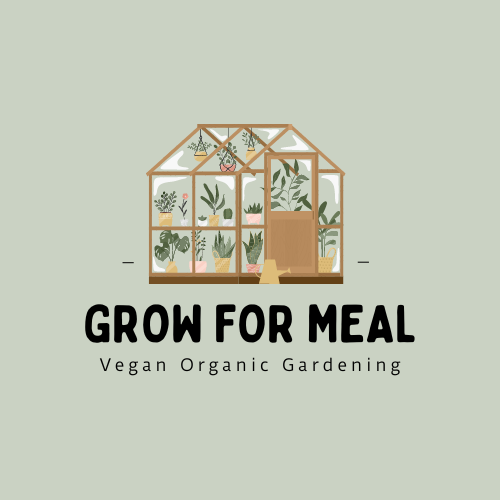
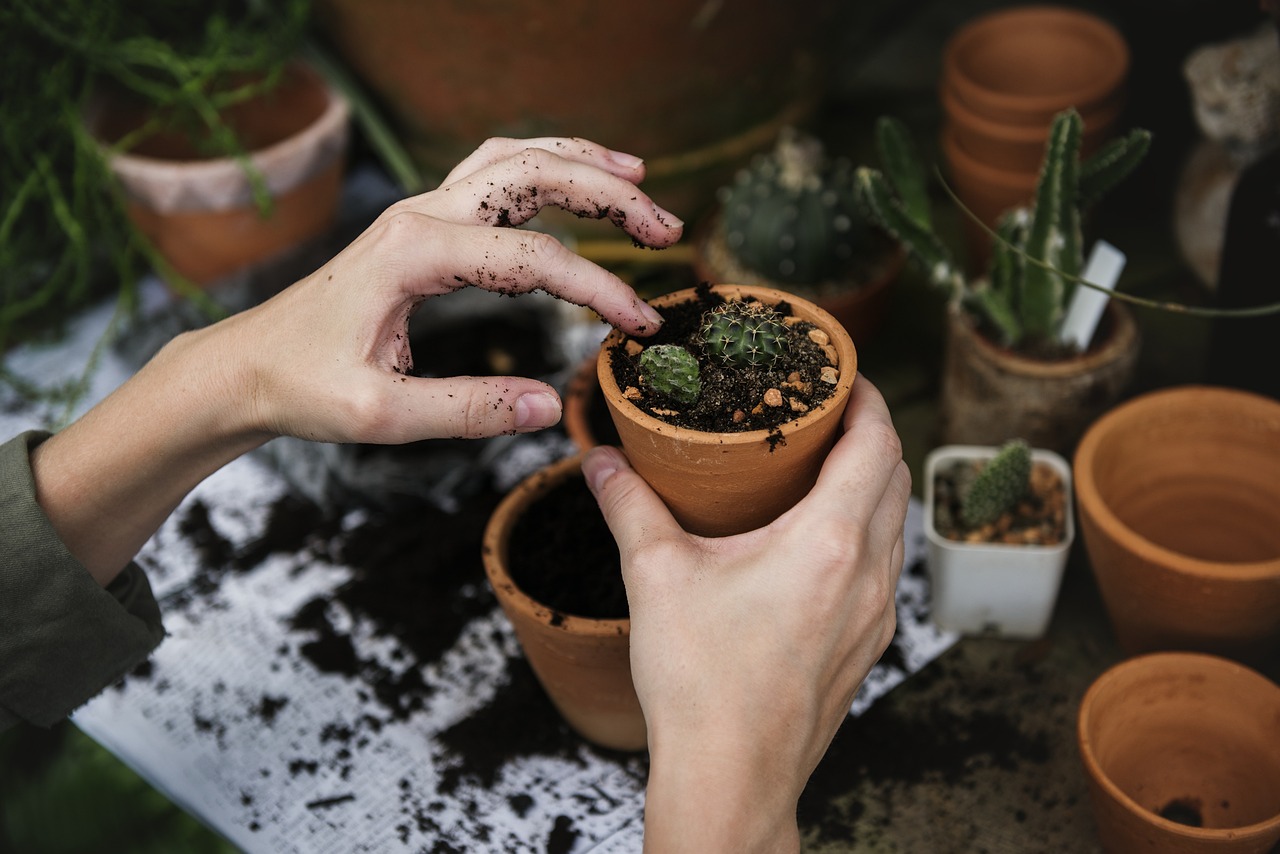
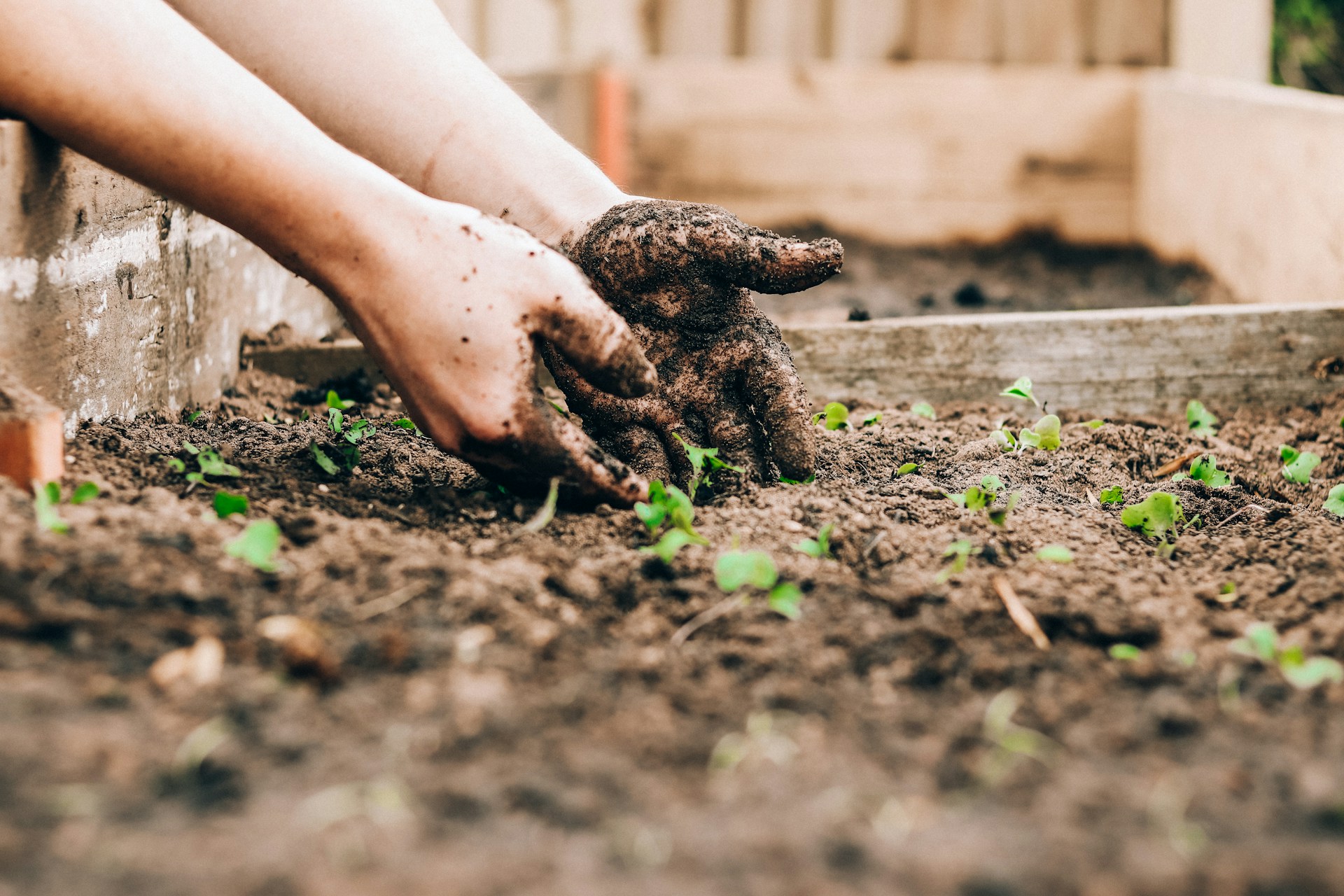
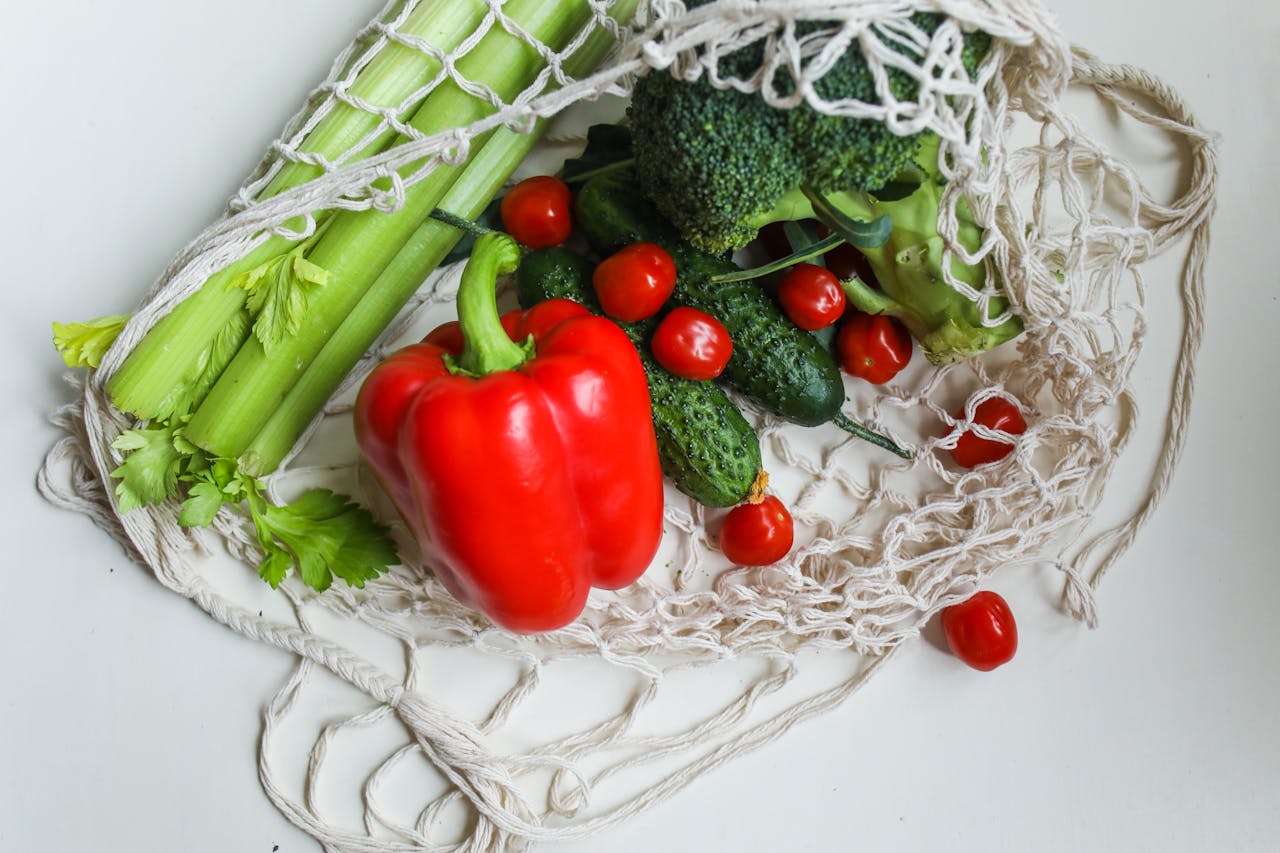
Pingback: Transform Your Rooftop Space with Vegan Organic Gardening - GrowForMeal
Pingback: Compost vs. Mulch: What Every Veganic Gardener Needs to Know - GrowForMeal
Pingback: Veganic Gardening Trends You Can't Afford to Miss in 2025! - GrowForMeal